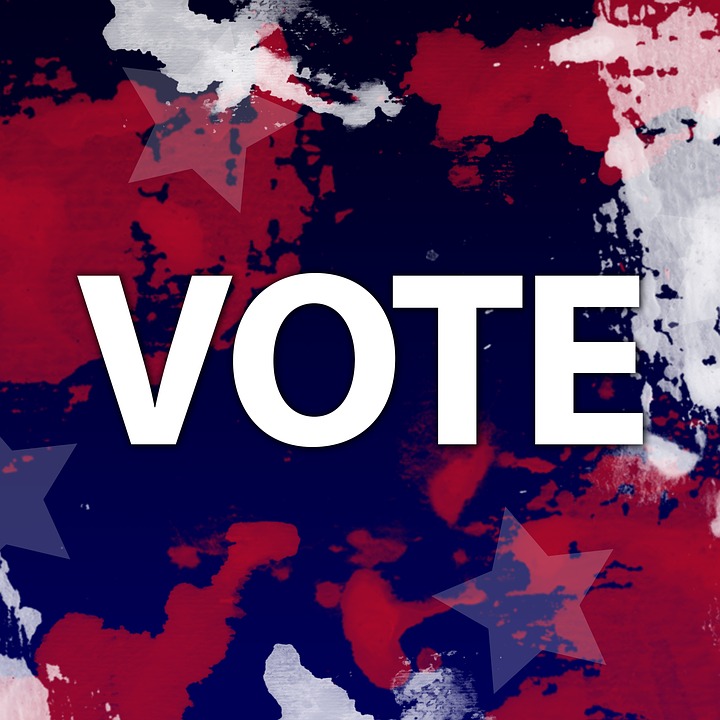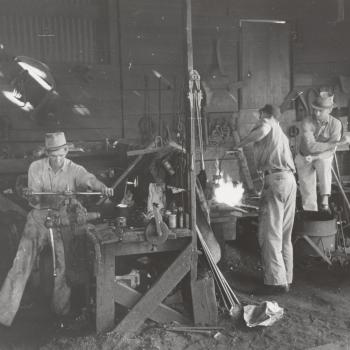The Working Catholic: Neighborhood Part Two by Bill Droel
Some Catholics have a deficient operative belief in the dogma of Christmas. For example, one young priest appropriately picked a light/darkness theme for his Christmas Day homily. However, its content was all darkness: our society’s disrespect for life, war in the Holy Land, war in Ukraine, corruption of Chicago politicians and more. Why didn’t he feel the Light? Are not all the little light bulbs strung on houses in our neighborhood symbols of the tiny bits of goodness that reside hereabouts? Does not the Bethlehem event mean that our extraordinary God is revealed within the ordinary?
Those who truly believe in the Incarnation are equipped with a year-round sensibility to see Christ around the neighborhood in the same way he was seen in a stable, in Joseph’s carpenter shop and on the streets of Nazareth. Christmas and the Incarnation mean that everyone and everything in our neighborhood is a potential sacrament, a source of grace. Oh of course, the neighborhood, like all sacraments, can simultaneously reveal yet conceal the Godliness it contains. God, even on Christmas Day, is not evidently seated on a throne placed in the intersection of Kedzie Ave. and 63rd St. Faith is required to experience God in the neighborhood and in some neighborhoods that is harder than in others. (A subsequent column will present case studies on neighborhood race relations.)
God in God’ essence, according to Christianity, is a relationship, a Trinity. Neighborliness is thus a reflection of God. A sacramental neighborhood is primarily a set of relationships. Neighborhood neglect, by contrast, occurs when people in proximity to one another simply quit relating to one another. A great neighborhood is not necessarily one with historic buildings or a thriving commercial strip. It is not great because it overlooks a lake or river or because it contains a park. A university, a trendy restaurant, a hospital, a transportation center—none of these in themselves make a neighborhood great. Greatness is relationships, constructed and nurtured.
Don’t misunderstand: Relationship-building often occurs indoors—in Dunkin, in the high school, the hospital, the grocery and the lodge. Theoretically relationships are made and particularly tuned to God inside churches. Therefore, when a church closes, its neighborhood loses—even if most of the congregants are commuters. Planning for church closures or mergers should thus proceed with delicacy. Consideration cannot be limited to availability of clergy and status of the building’s roof or foundation. (There will be more on church closings in a subsequent column.)
Light overcomes darkness as neighbors relate to one another, individually and in small groups. The light is low wattage during the daily routine. But now-and-then a neighborhood’s light outshines even a 1,000-watt stadium light. Can you supply an example?
Droel edits a printed newsletter on faith and work, INITIATIVES (PO Box 291102, Chicago, IL 60629)












